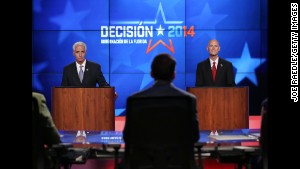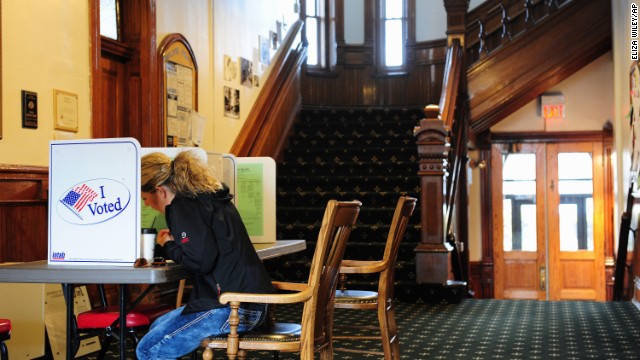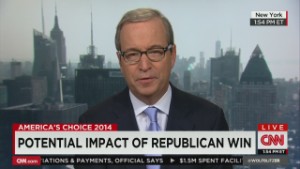สงสัย ปัจจัยที่ร้อยของมาสโลส์คือรถแบรนด์ไทย
What Maslow’s Hierarchy Won’t Tell You About Motivation
NOVEMBER 26, 2014

At some point in their careers, most leaders have either consciously — or, more likely, unwittingly — based (or justified) their approach to motivation on Maslow’s Hierarchy of Needs. Maslow’s idea that people are motivated by satisfying lower-level needs such as food, water, shelter, and security, before they can move on to being motivated by higher-level needs such as self-actualization, is the most well-known motivation theory in the world. There is nothing wrong with helping people satisfy what Maslow characterized as lower-level needs. Improvements in workplace conditions and safety should be applauded as the right thing to do. Seeing that people have enough food and water to meet their biological needs is the humane thing to do. Getting people off the streets into healthy environments is the decent thing to do. But the truth is, individuals can experience higher-level motivation anytime and anywhere.
YOU AND YOUR TEAM
Despite the popularity of Maslow’s Hierarchy, there is not much recent data to support it. Contemporary science — specifically Dr. Edward Deci, hundreds ofSelf-Determination Theory researchers, and thousands of studies — instead points to three universal psychological needs. If you really want to advantage of this new science – rather than focusing on a pyramid of needs – you should focus on: autonomy, relatedness, and competence.
Autonomy is people’s need to perceive that they have choices, that what they are doing is of their own volition, and that they are the source of their own actions. The way leaders frame information and situations either promotes the likelihood that a person will perceive autonomy or undermines it. To promote autonomy:
- Frame goals and timelines as essential information to assure a person’s success, rather than as dictates or ways to hold people accountable.
- Refrain from incentivizing people through competitions and games. Few people have learned the skill of shifting the reason why they’re competing from an external one (winning a prize or gaining status) to a higher-quality one (an opportunity to fulfill a meaningful goal).
- Don’t apply pressure to perform. Sustained peak performance is a result of people acting because they choose to — not because they feel they have to.
Relatedness is people’s need to care about and be cared about by others, to feel connected to others without concerns about ulterior motives, and to feel that they are contributing to something greater than themselves. Leaders have a great opportunity to help people derive meaning from their work. To deepen relatedness:
- Validate the exploration of feelings in the workplace. Be willing to ask people how they feel about an assigned project or goal and listen to their response. All behavior may not be acceptable, but all feelings are worth exploring.
- Take time to facilitate the development of people’s values at work — then help them align those values with their goals. It is impossible to link work to values if individuals don’t know what their values are.
- Connect people’s work to a noble purpose.
Competence is people’s need to feel effective at meeting every-day challenges and opportunities, demonstrating skill over time, and feeling a sense of growth and flourishing. Leaders can rekindle people’s desire to grow and learn. To develop people’s competence:
- Make resources available for learning. What message does it send about values for learning and developing competence when training budgets are the first casualty of economic cutbacks?
- Set learning goals — not just the traditional results-oriented and outcome goals.
- At the end of each day, instead of asking, “What did you achieve today?” ask “What did you learn today? How did you grow today in ways that will help you and others tomorrow?”
Unlike Maslow’s needs, these three basic needs are not hierarchical or sequential. They are foundational to all human beings and our ability to flourish.
The exciting message to leaders is that when the three basic psychological needs are satisfied in the workplace, people experience the day-to-day high-quality motivation that fuels employee work passion — and all the inherent benefits that come from actively engaged individuals at work. To take advantage of the science requires shifting your leadership focus from, “What can I give people to motivate them?” to “How can I facilitate people’s satisfaction of autonomy, relatedness, and competence?”
Leaders have opportunities every day to integrate these motivational practices. For example, a leader I coach was about to launch a company-wide message to announce mandatory training on green solutions compliance. Ironically, his well-intentioned message dictated people’s actions — undermining people’s sense of autonomy and probably guaranteeing their defiance rather than compliance. His message didn’t provide a values-based rationale or ask individuals to consider how their own values might be aligned to the initiative. After reconsidering his approach, he created this message embedded with ways for people to experience autonomy, relatedness, and competence:
Join others who are passionate about reducing their carbon footprint for a fun and interactive training session on November 15. (Relatedness)There are three ways you can share our commitment for implementing green solutions as an essential part of our Corporate Social Responsibility initiative.
- Read the attached manifesto and take a quick quiz to see what you learned by November 18. (Competence)
- Send us your story about what you are doing at work to be environmentally responsible by November 14. (Autonomy, competence, and relatedness)
You can choose any or all three options. (Autonomy) Let us know your preference(s) by email (Autonomy) by October 31 or stop by our table at the all-company Halloween party (Relatedness). If you choose to opt out of all three choices (Autonomy), please tell us what we can do to appeal more directly to your values around corporate social responsibility (Relatedness).
Don’t underestimate your people’s capacity — indeed, their longing — to experience high-quality motivation at work anytime and anywhere.
https://hbr.org/2014/11/what-maslows-hierarchy-wont-tell-you-about-motivation





























































































































